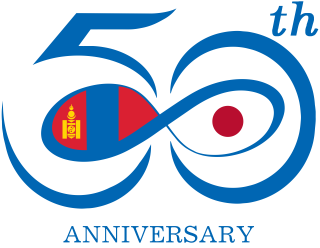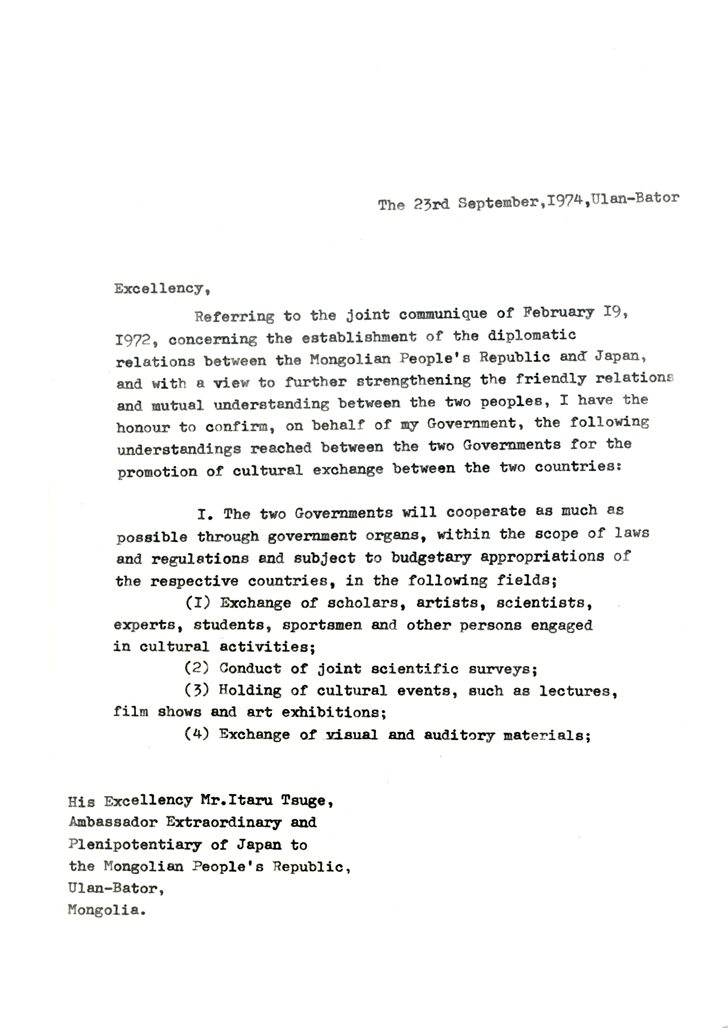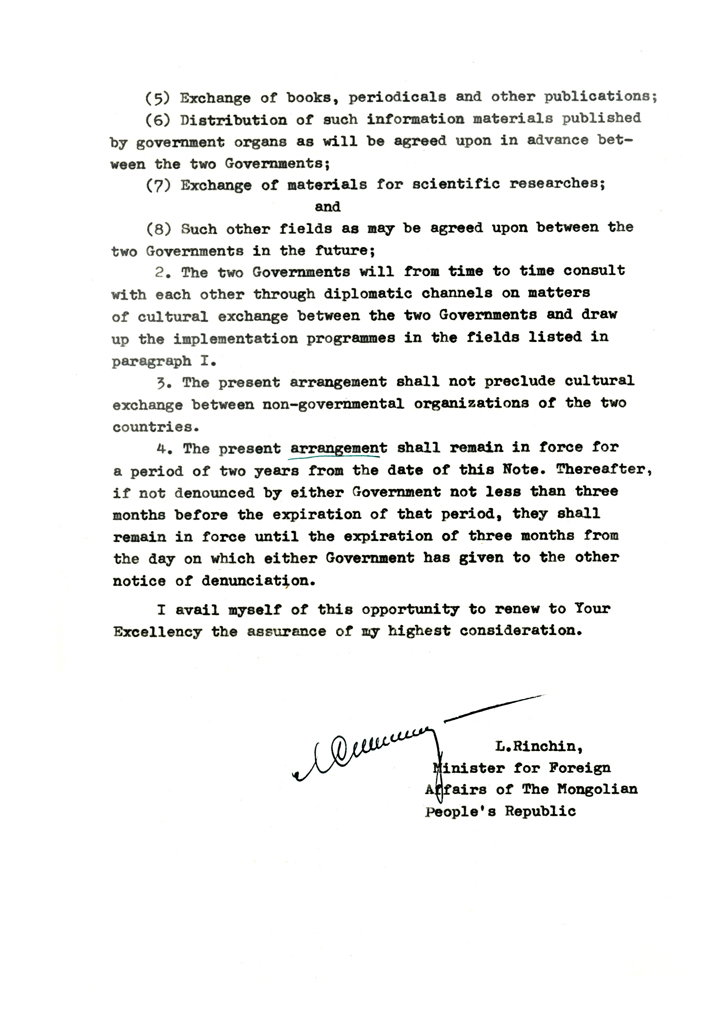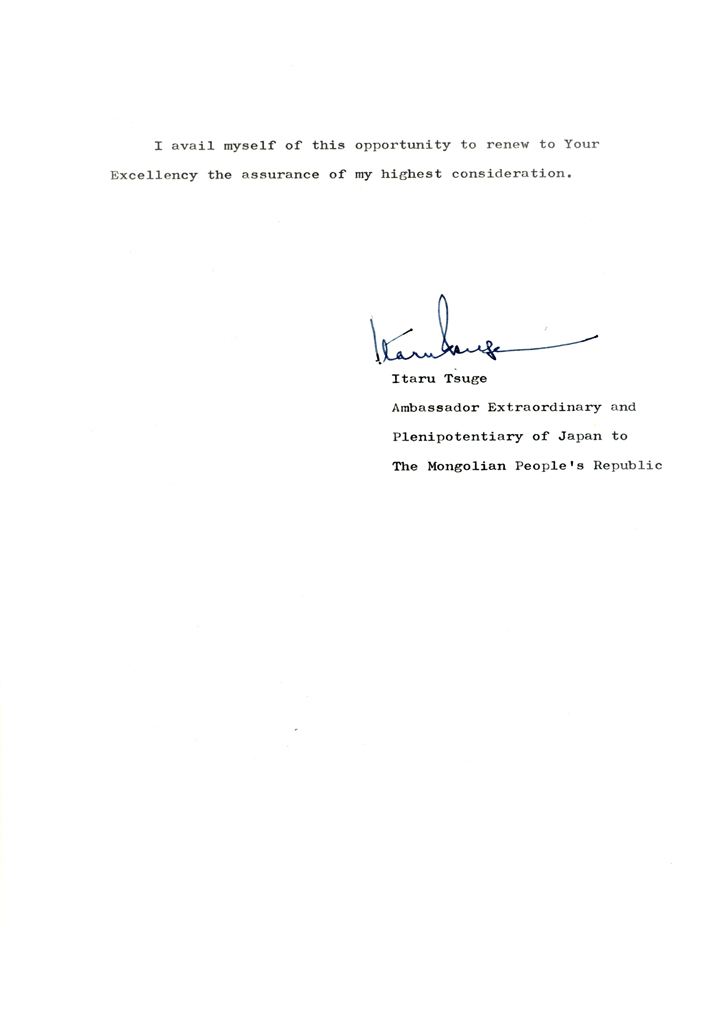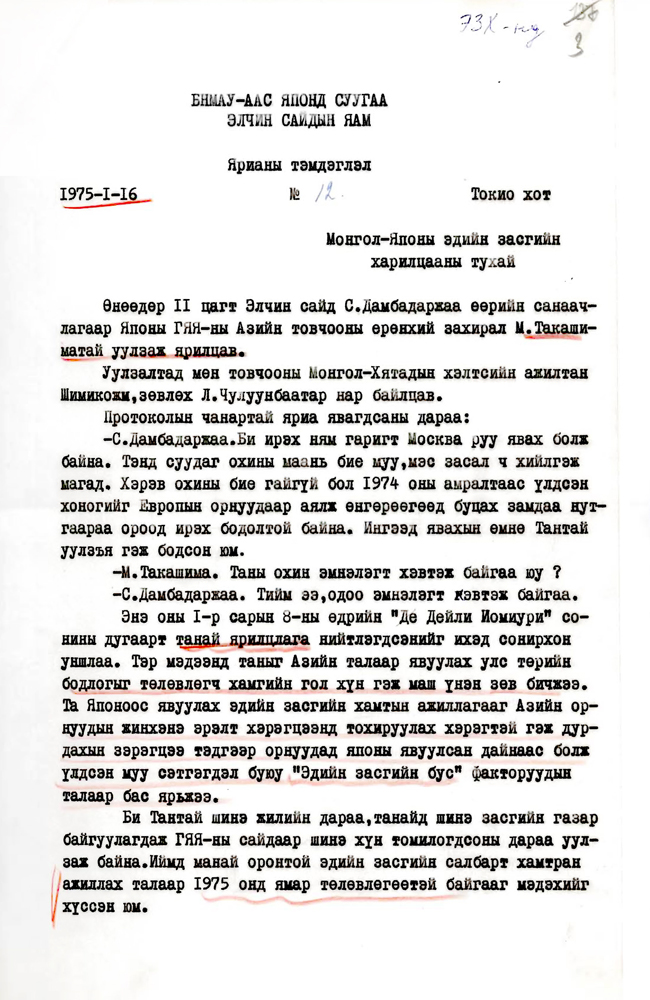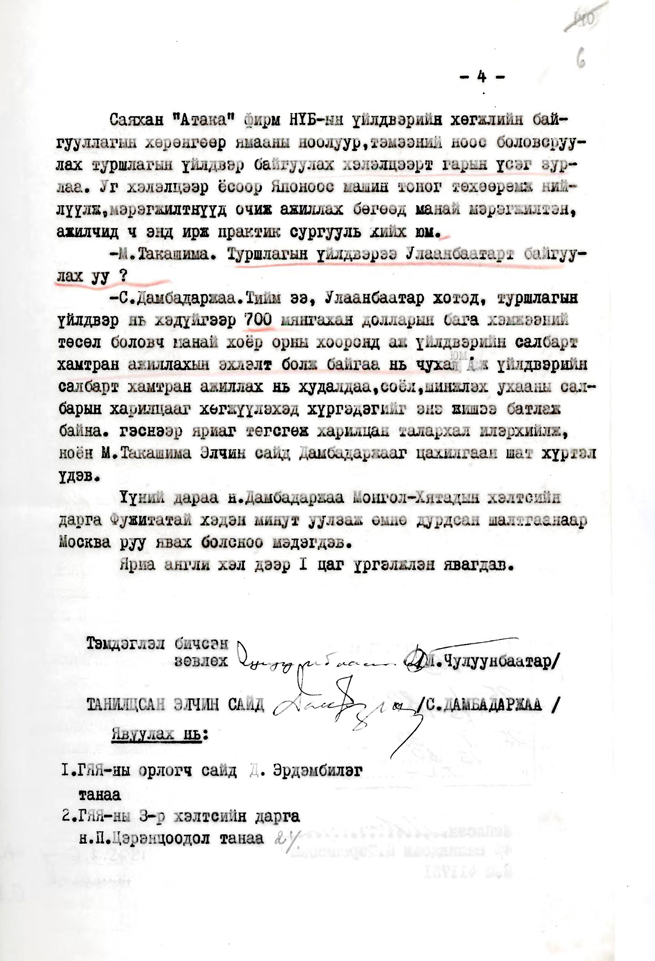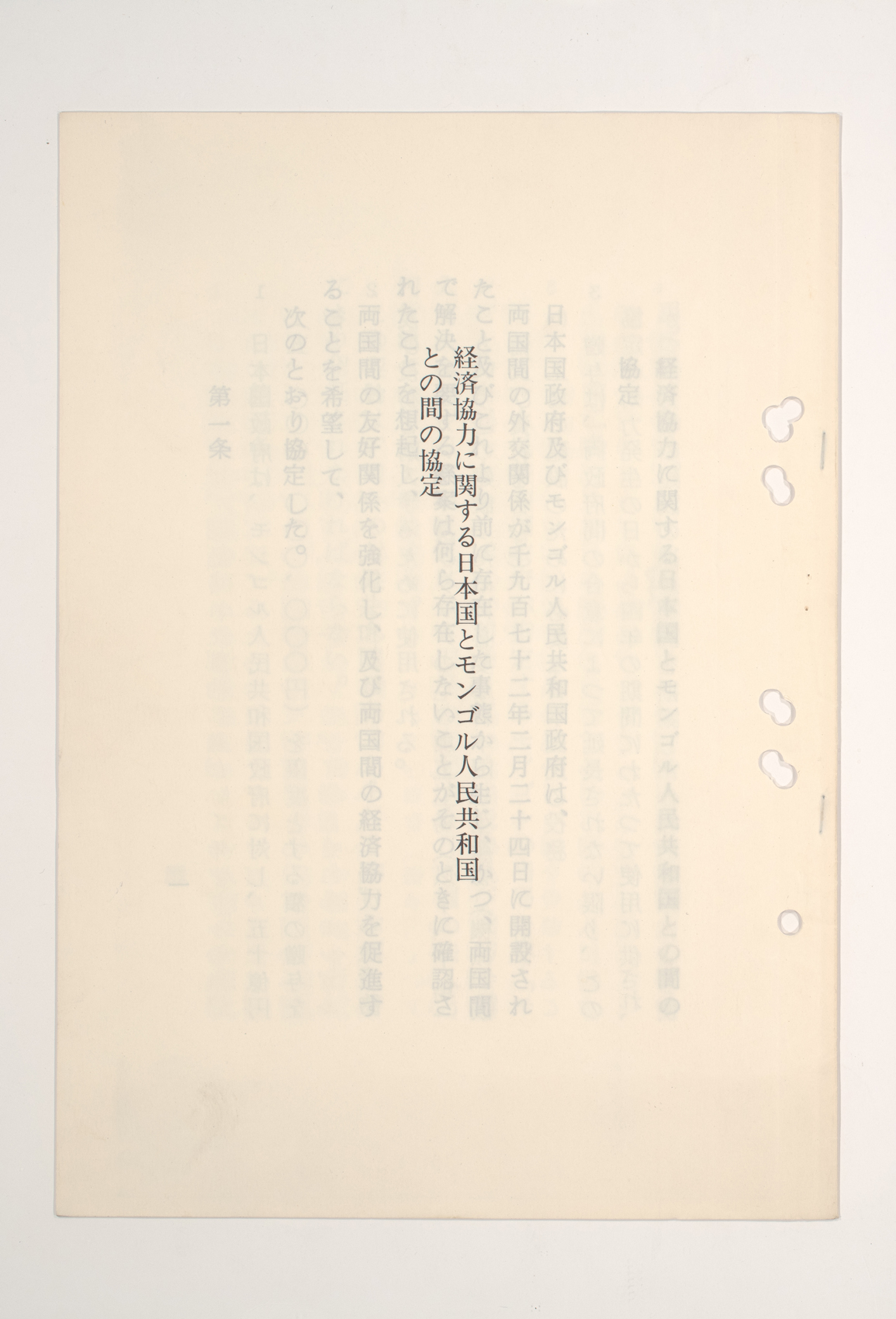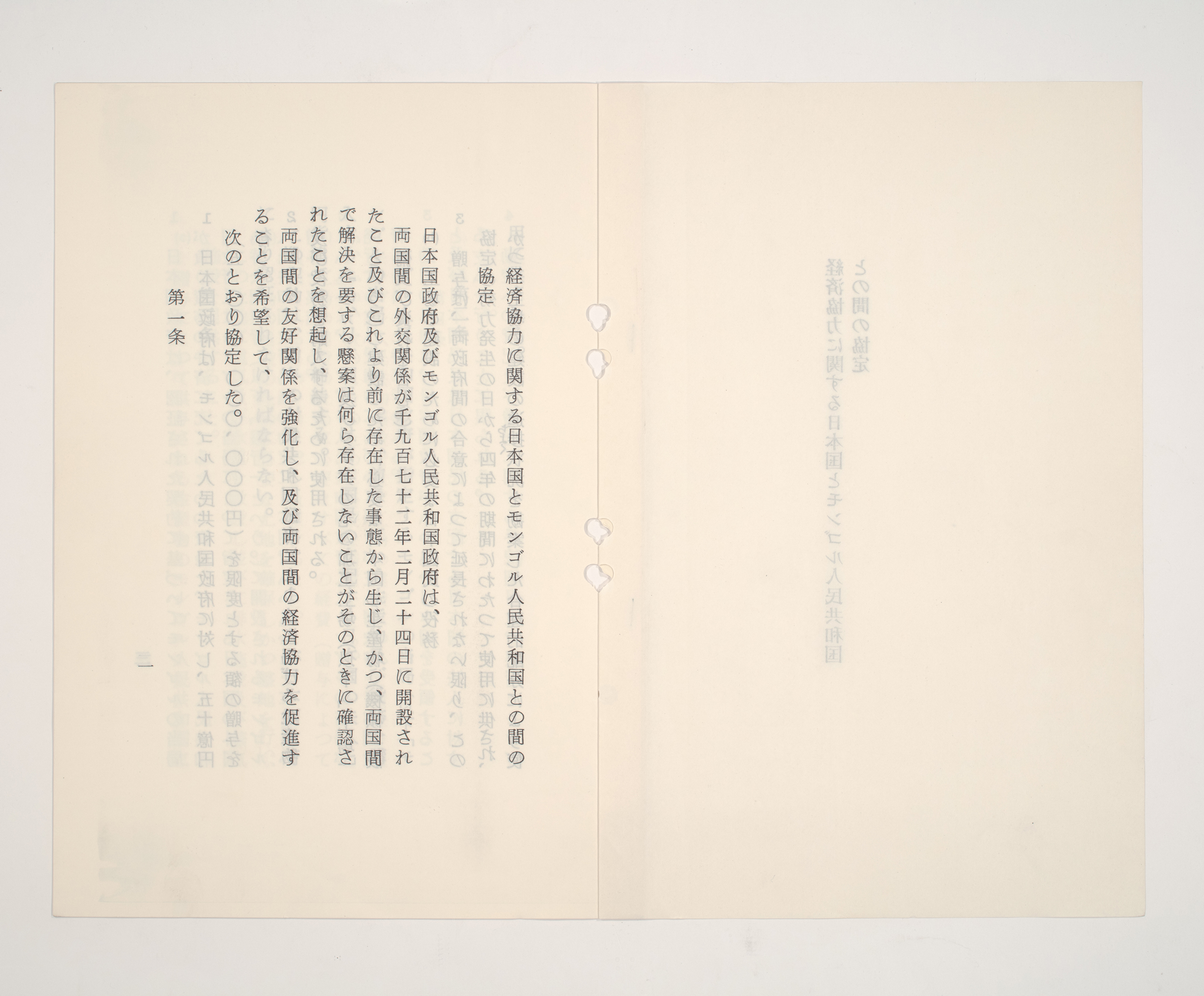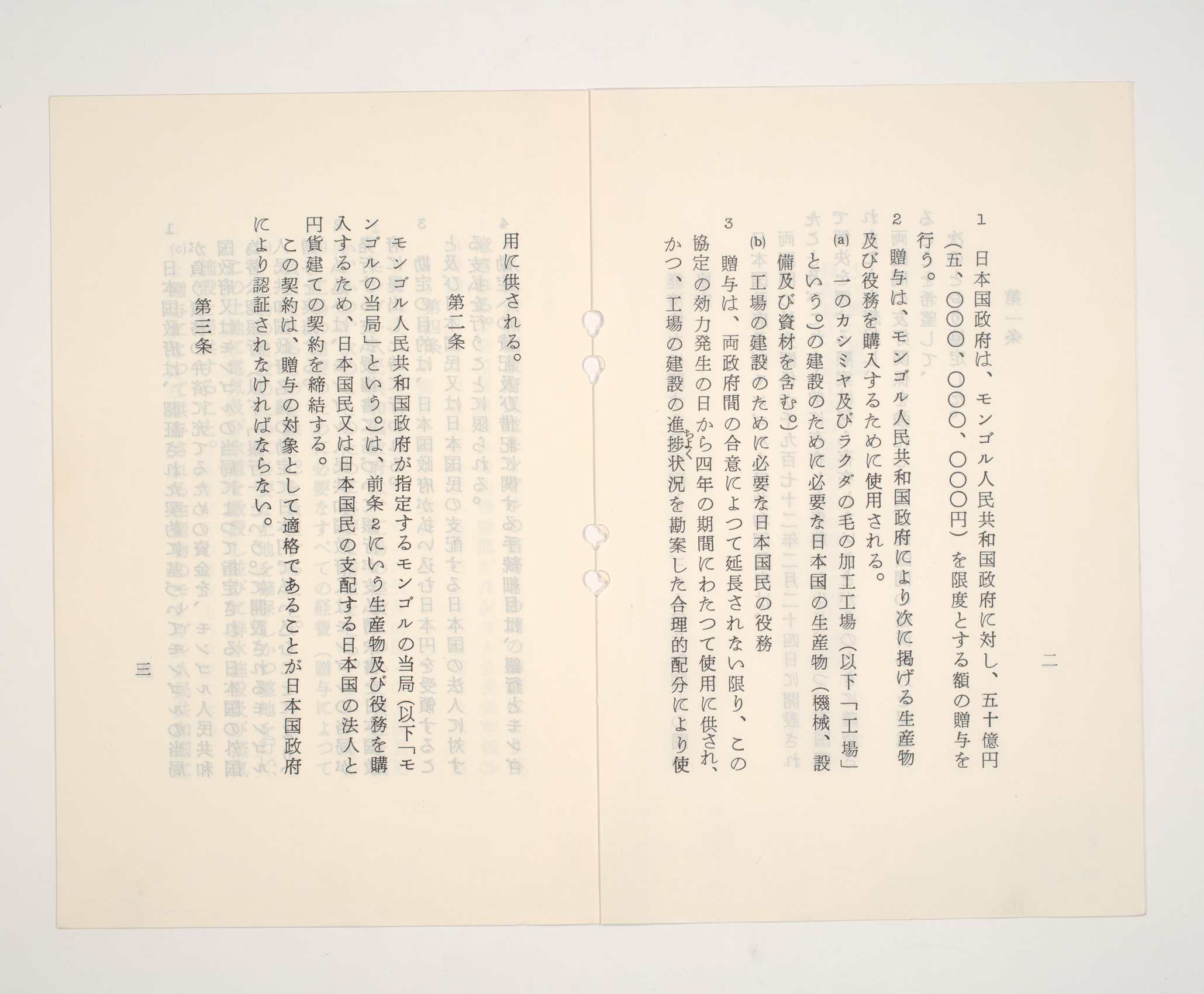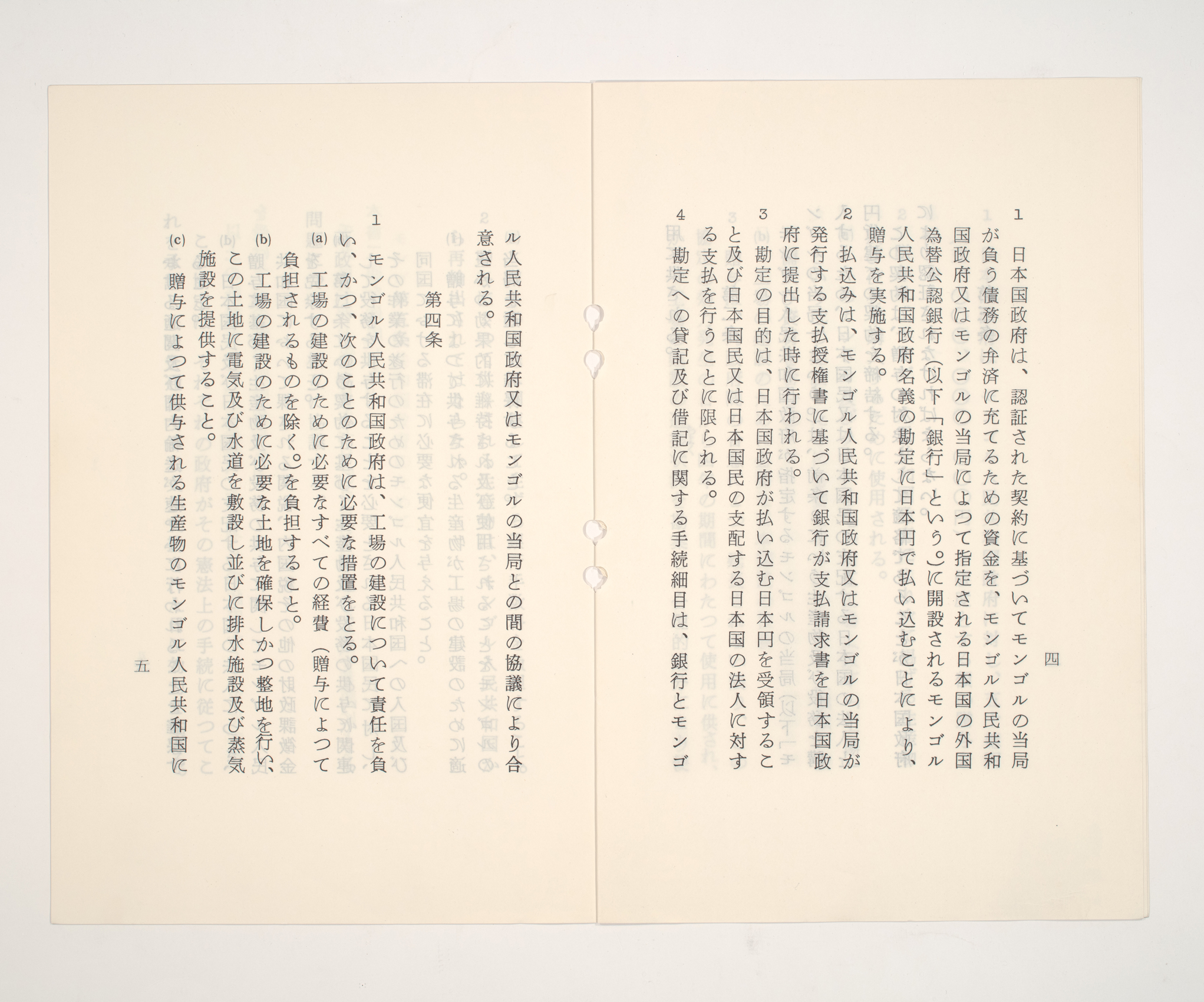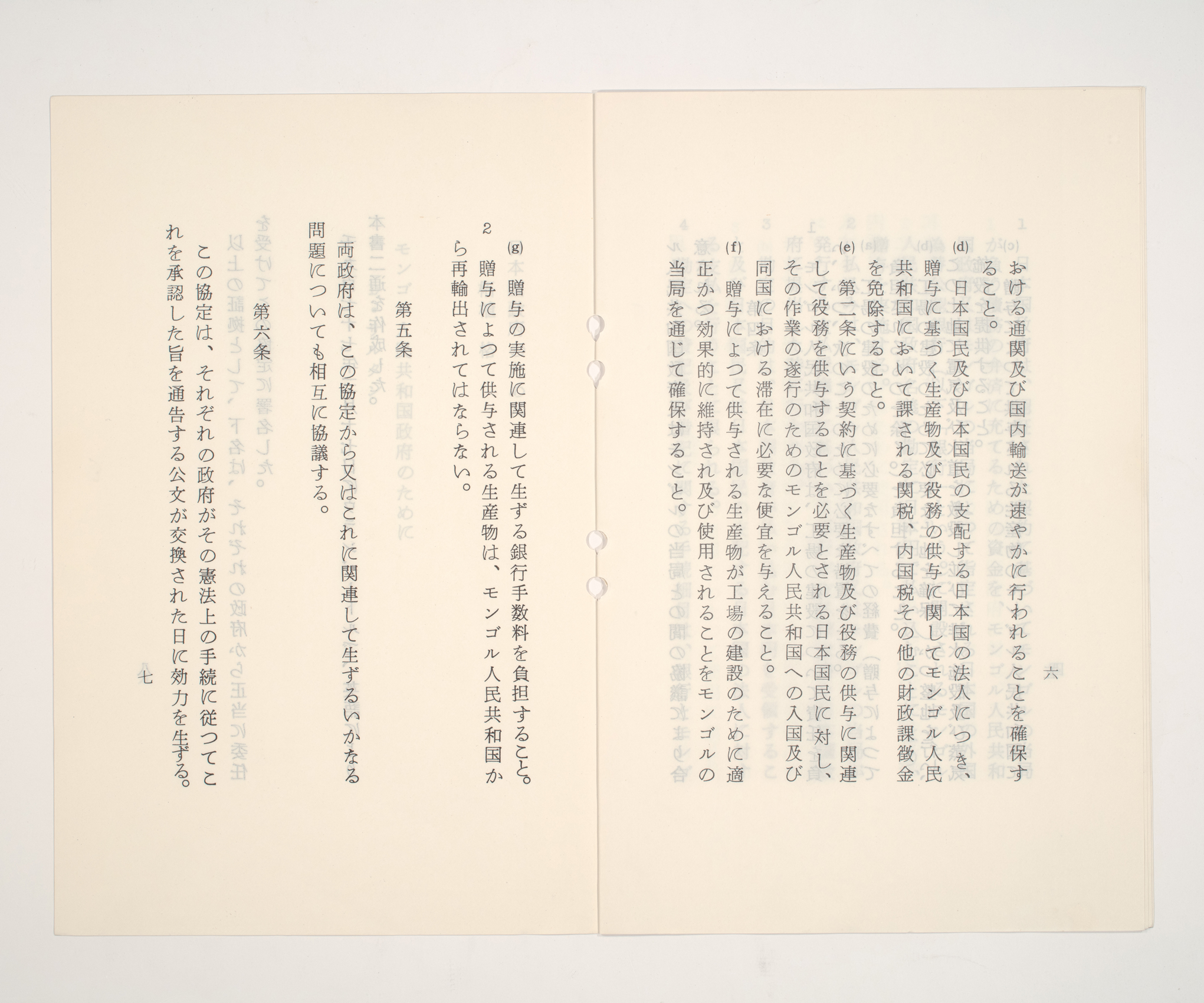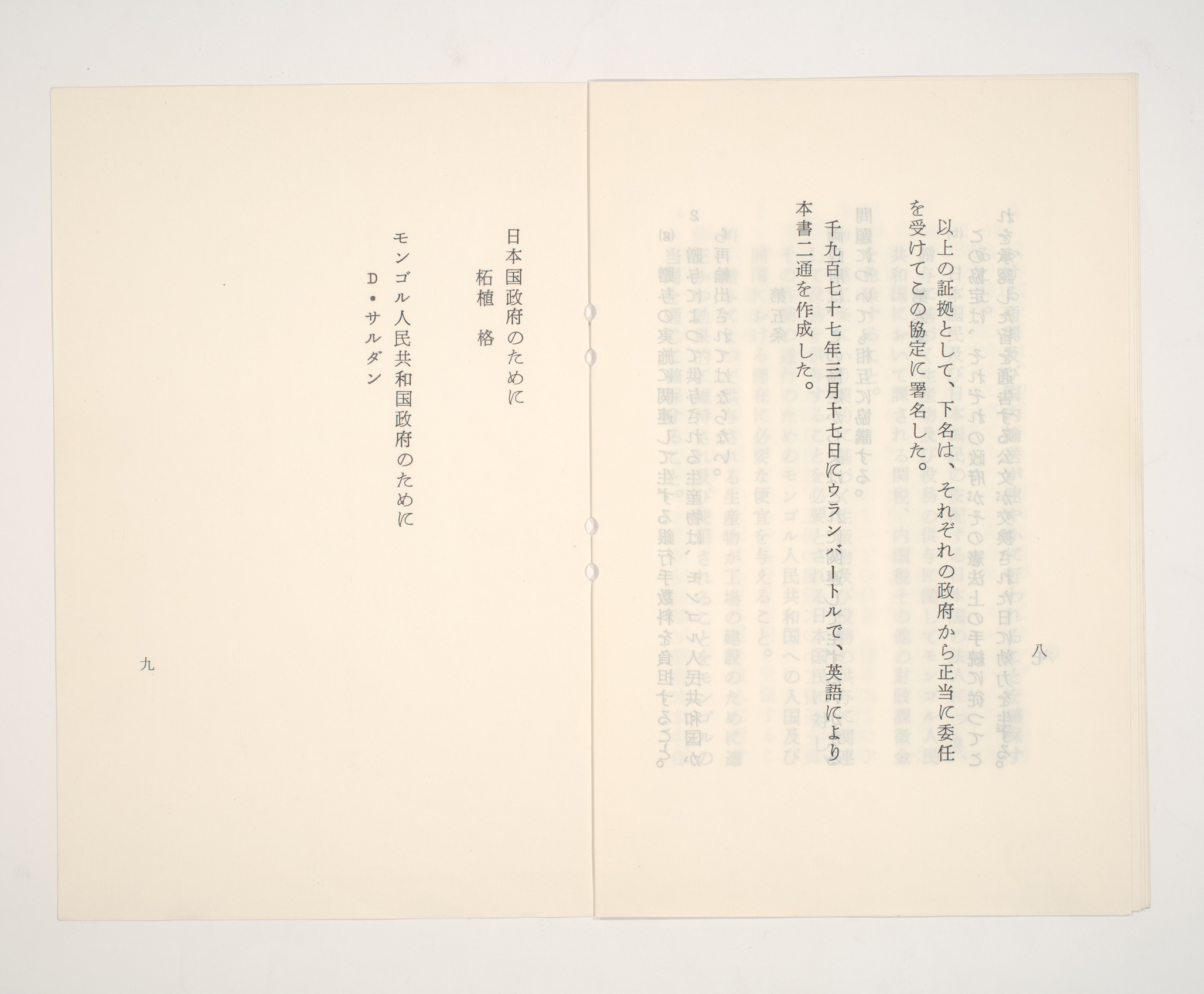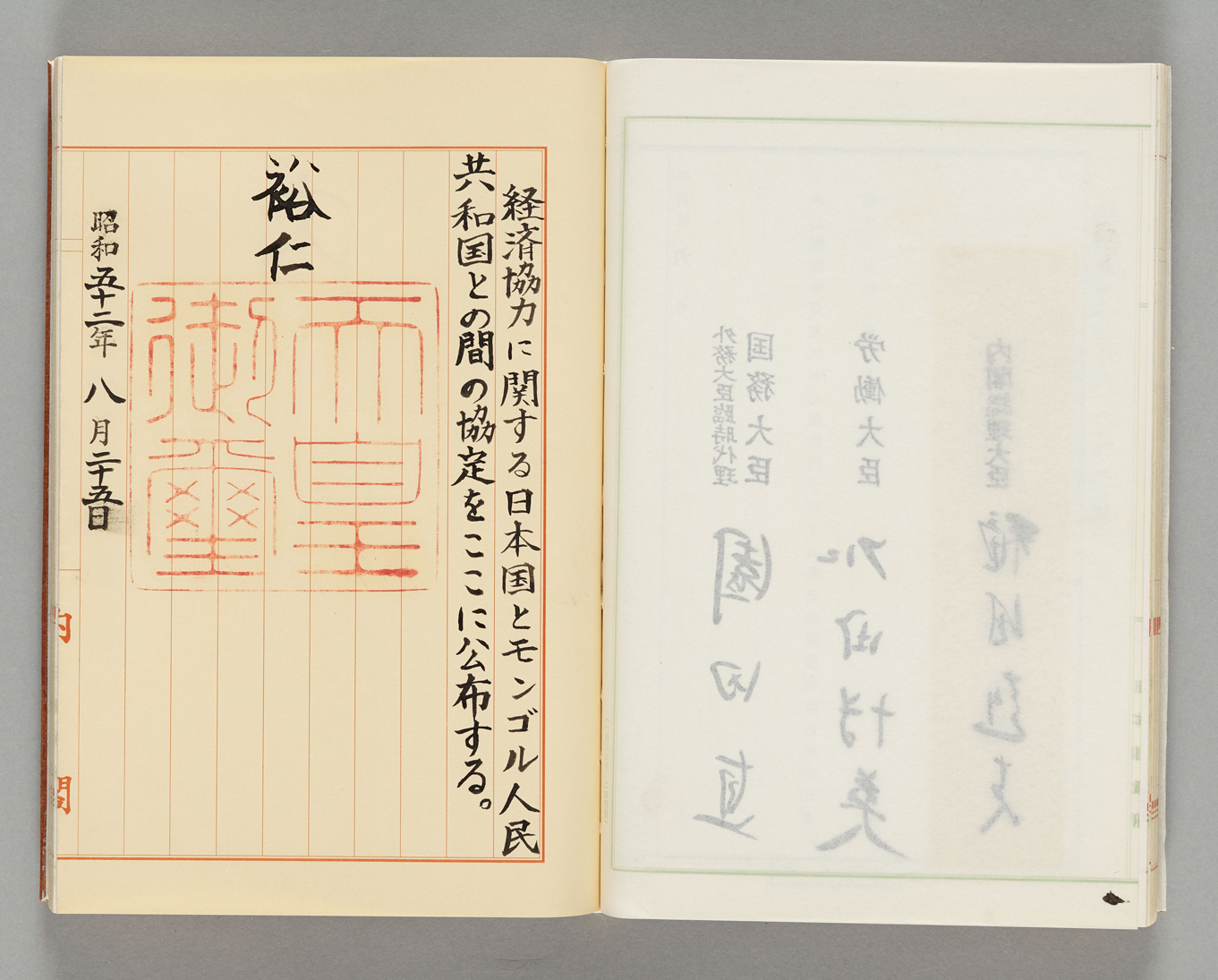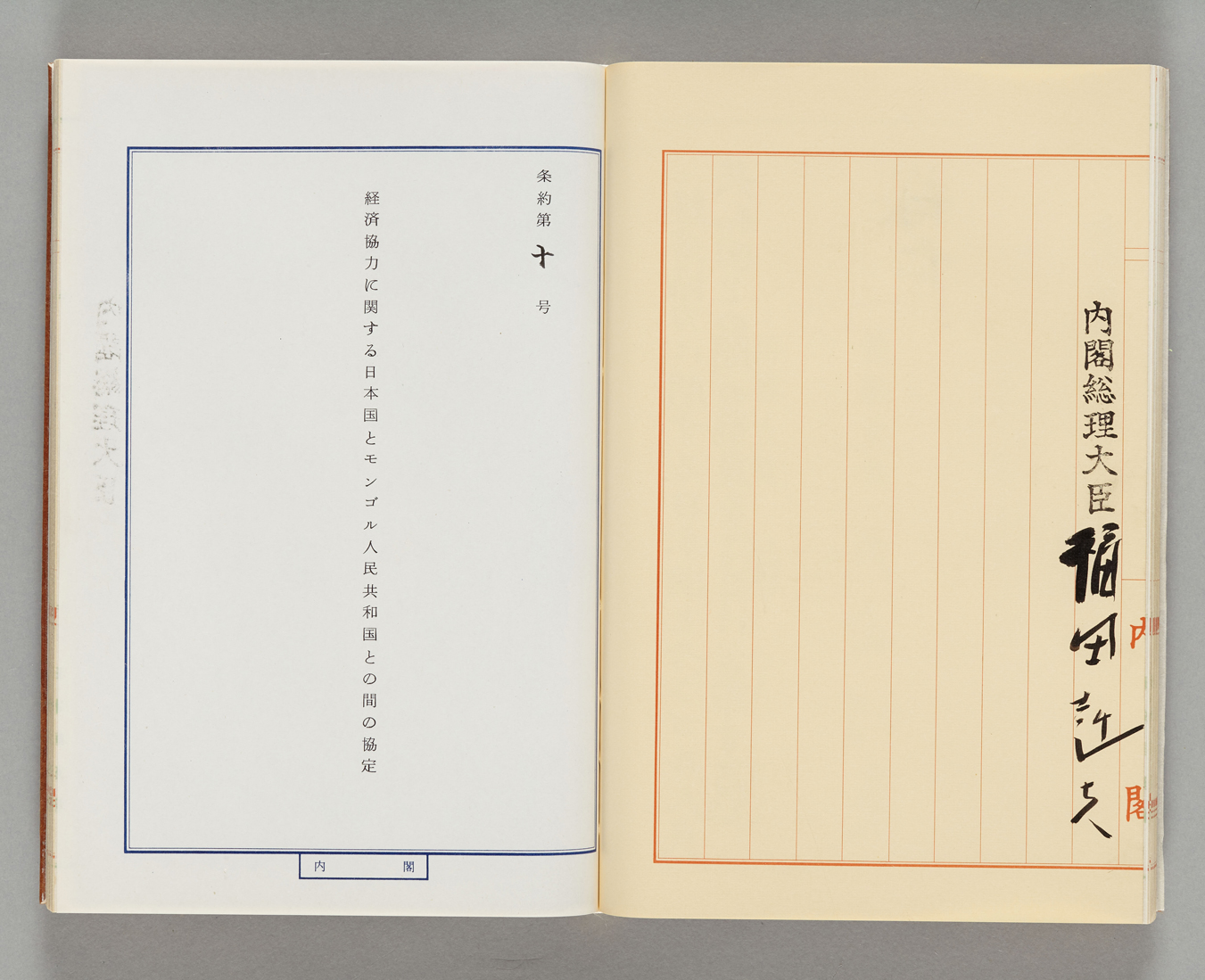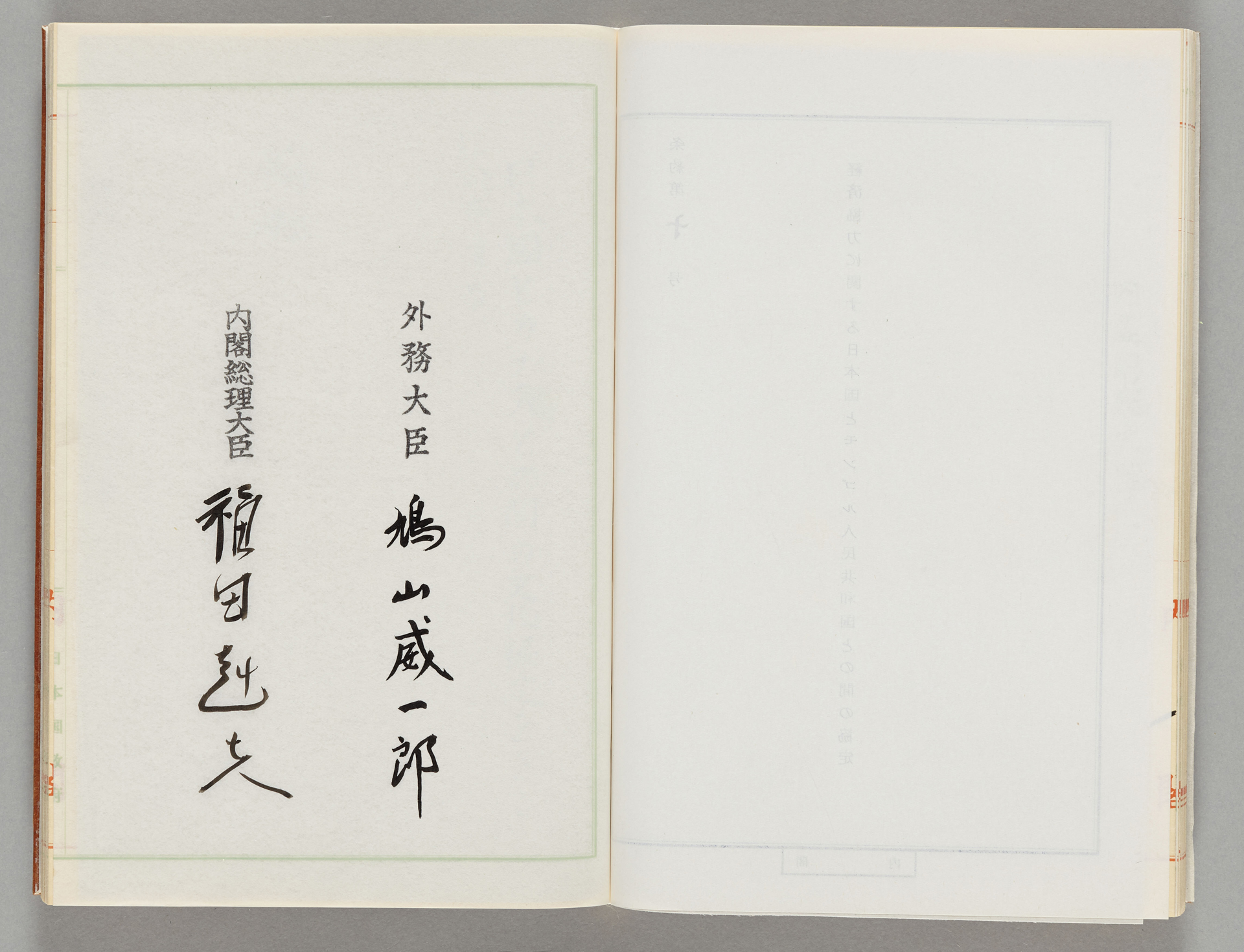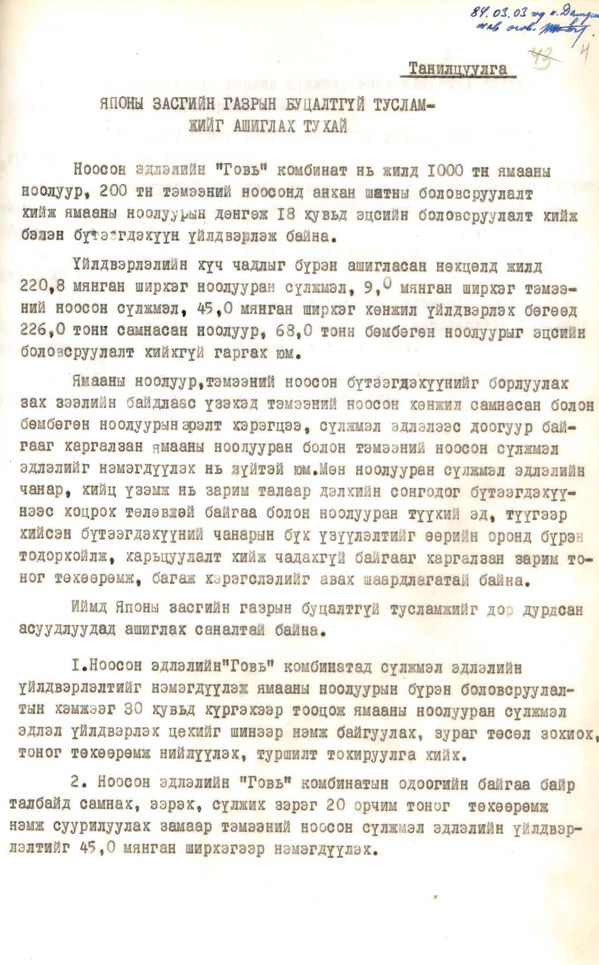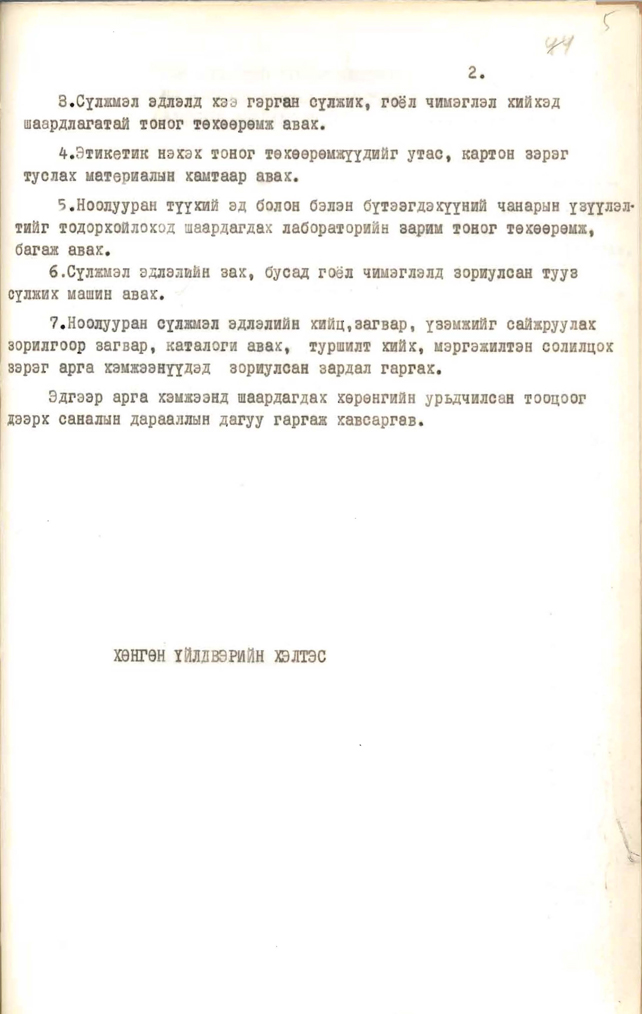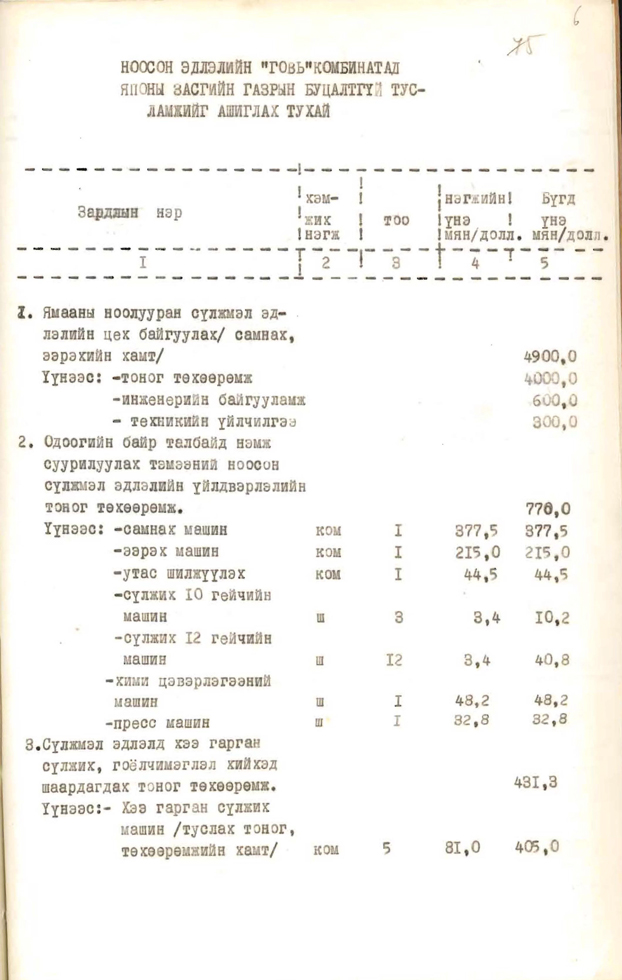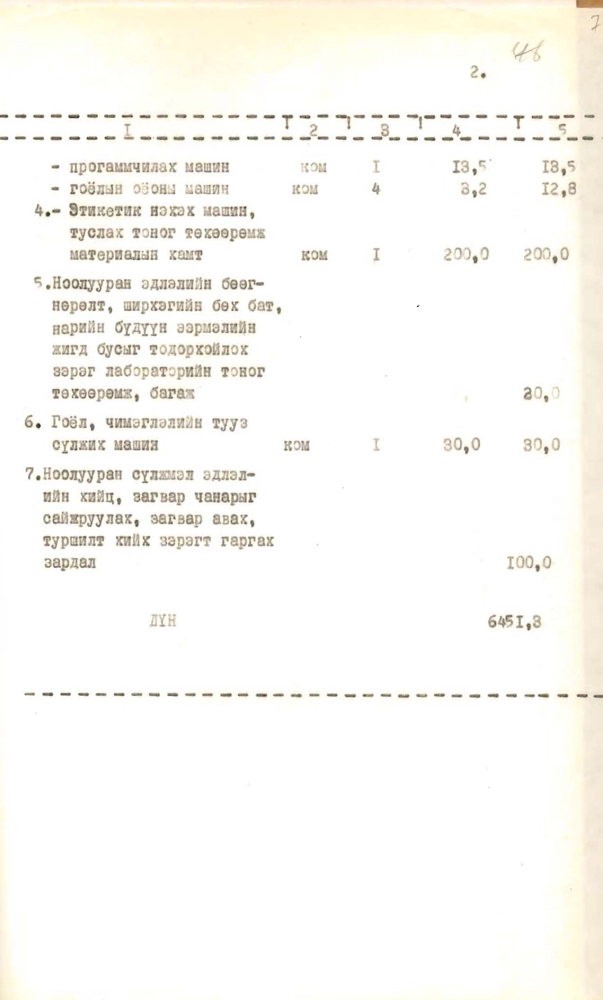ⅤEstablishment of the diplomatic relations in 1972
Cultural exchanges
 Agreement on the Establishment of Cultural Relations
Agreement on the Establishment of Cultural Relations
On September 23, 1974. Ulaanbaatar.
Following the establishment of diplomatic relations, in order to further promote friendly relations and mutual understanding between the peoples of the two countries, it is written that the two governments will cooperate in such areas as the exchange of scholars, artists, scientists, and other persons engaged in cultural activities, the conduct of joint academic research, and the organization of cultural events such as lectures, movies, and art exhibitions.
Economic partnership
 Mongolian-Japanese Meeting for economic cooperation
Mongolian-Japanese Meeting for economic cooperation
On January 16, 1975.
Ambassador S. Dambadarjaa met with Takashima M, Director General of the Asian Bureau of the Ministry of Foreign Affairs of Japan, in Tokyo to discuss the most important issues in expanding Mongolian-Japanese economic relations.
 Agreement between Japan and Mongolia for an economic partnership (cashmere factory construction)
Agreement between Japan and Mongolia for an economic partnership (cashmere factory construction)
The two countries reached an agreement on economic cooperation in 1976. It was decided that Japan would provide a total of 5 billion yen in grant aid over a four-year period from 1977 to 1980, and that a cashmere and camel coat processing plant would be built in Mongolia.
The agreement was signed in Ulaanbaatar on March 17 by Ambassador TSUGE Itaru and D. Saldan, Chairman of the State Committee for Foreign Economic Relations and Minister of State.
 Agreement for an economic partnership, signed and sealed by the Emperor
Agreement for an economic partnership, signed and sealed by the Emperor
An agreement on economic partnership was signed on March 17, 1977, and the promulgating document, signed and sealed by the Emperor of Japan, was issued on August 25, 1977.
A document signed and sealed by the Emperor is a document with the signature of the Emperor and the Imperial Seal, which is used to promulgate the Constitution, imperial rescripts, laws, treaties, imperial ordinances, etc., in texts indicating the Emperor’s approval.
Based on this Agreement, the Japanese government provided 5 billion yen (17 million US dollars at the time) in grant funding to Mongolia. The "Gobi" Cashmere Factory was built with this funding and handed over to Mongolia in 1981. This factory was privatized in 2007.
 Use of the grant aid by the Government of Japan
Use of the grant aid by the Government of Japan
March 1984.
In this document it was mentioned that the Gobi Wool and Cashmere Factory, built by grant from the Government of Japan, would operate at full capacity and increase profits.
Since the establishment of diplomatic relations, the relations between the two countries have expanded, including the appointment of ambassadors, the establishment of embassies, cultural exchanges, and the development of economic cooperation. When Mongolia became a democracy in 1990, the relations between the two countries continued to grow.

